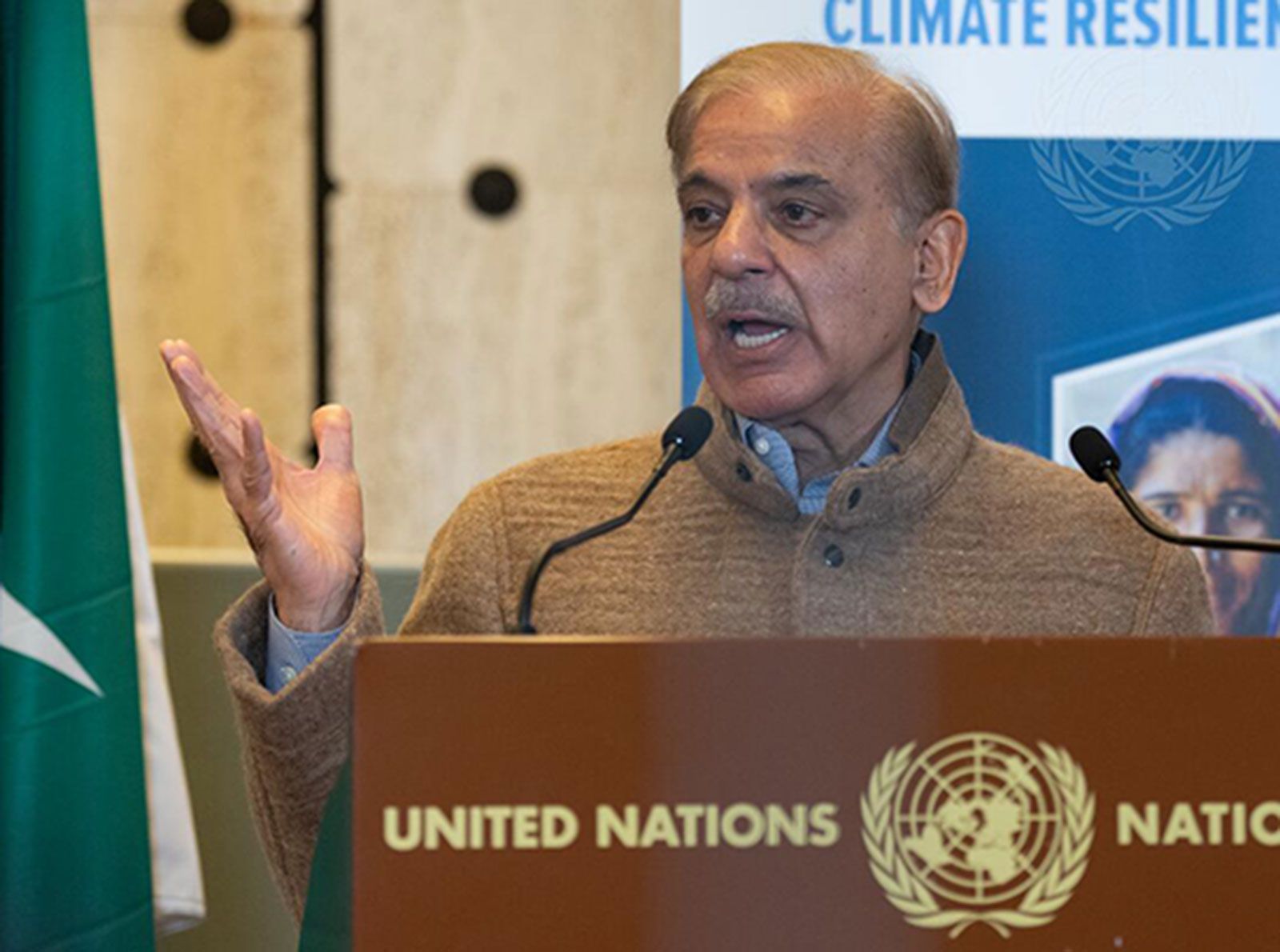In a renewed push for diplomacy, Pakistan’s leadership once again extended an olive branch to India, with Prime Minister Shehbaz Sharif expressing willingness to engage in comprehensive peace talks to resolve all outstanding issues, including the perennial flashpoints of Kashmir and cross-border terrorism, alongside water disputes and trade.
However, India’s experience offers little hope for optimism, as Pakistan’s peace overtures have often been followed by actions that undermine bilateral trust and escalate tensions, with the latest remarks by Prime Minister Shehbaz Sharif once again raising questions over the sincerity of Islamabad’s intentions and the real motives behind its
renewed call for dialogue
.
STORY CONTINUES BELOW THIS AD
While speaking in Iran, Pakistan Prime Minister Shehbaz Sharif said, “We want to resolve all disputes, including the Kashmir and water issues, through negotiations. We are also ready to engage our neighbour on trade and counter-terrorism.”
More from World
The timing of this overture, just weeks after a sharp military flare-up following a terror attack in Pahalgam, Jammu & Kashmir has raised eyebrows. For many in New Delhi, it evokes a familiar pattern: peace proposals from Islamabad swiftly followed by actions that undermine them.
Indian officials have dismissed Sharif’s remarks as little more than “recycled rhetoric,” citing Pakistan’s persistent support for cross-border terrorism. Recent intelligence inputs indicating the regrouping of Jaish-e-Mohammed operatives in Pakistan-occupied Kashmir have only reinforced New Delhi’s long-held position: that meaningful dialogue is impossible while terrorism remains an instrument of Pakistan’s statecraft.
A historical pattern of peace overtures and subsequent betrayals
Since the partition in 1947, India and Pakistan have experienced cycles of conflict and attempted reconciliation. Notably, peace initiatives have often been derailed by subsequent hostile actions:
1999 Lahore Declaration: Signed with much fanfare by Prime Minister Nawaz Sharif and then Indian Prime Minister Atal Bihari Vajpayee, this agreement aimed at nuclear risk reduction and fostering peaceful relations. Yet, the fragile peace quickly shattered with the eruption of the Kargil conflict just months later, a major military intrusion attributed to Pakistan.
2001 Agra Summit: High-level talks between Vajpayee and then-Pakistani President Pervez Musharraf collapsed without a joint declaration. India pointed to Pakistan’s continued equivocation on cross-border terrorism as the primary reason for the failure.
2004-2007 backchannel talks: During the era of President Musharraf and Indian Prime Minister Manmohan Singh, secret negotiations reportedly came close to a consensus framework on Kashmir. However, political instability in Pakistan and the devastating 2008 Mumbai terror attacks, orchestrated by Pakistan-based militants, brought these promising discussions to an abrupt halt.
STORY CONTINUES BELOW THIS AD
2015 Modi’s Lahore visit: An unexpected diplomatic gesture by Prime Minister Narendra Modi, who made a surprise stopover in Lahore to meet Nawaz Sharif was followed shortly by the Pathankot airbase attack in early 2016, again attributed to Pakistan-based militant groups.
2019 Pulwama attack: A suicide bombing in February 2019 killed 40 Indian paramilitary personnel in Pulwama, triggering India’s retaliatory Balakot airstrikes deep inside Pakistani territory and escalating tensions.
2025 Pahalgam Attack: Just weeks before Sharif’s current overture, a terrorist attack in Pahalgam on April 22, 2025, resulted in 26 deaths. This incident prompted a swift and strong Indian response, including the temporary suspension of the Indus Waters Treaty and the downgrading of diplomatic ties, highlighting the fragility of any peace efforts in the shadow of ongoing terror.
‘Terror and talks cannot go together’
New Delhi’s consistent stance has been that “terror and talks cannot go together,” asserting that a conducive, terror-free environment is a prerequisite for any meaningful dialogue. Reinforcing this firm stance, External Affairs Minister S. Jaishankar recently reiterated that the Kashmir issue remains a bilateral matter, stressing that the Indian government is wil

